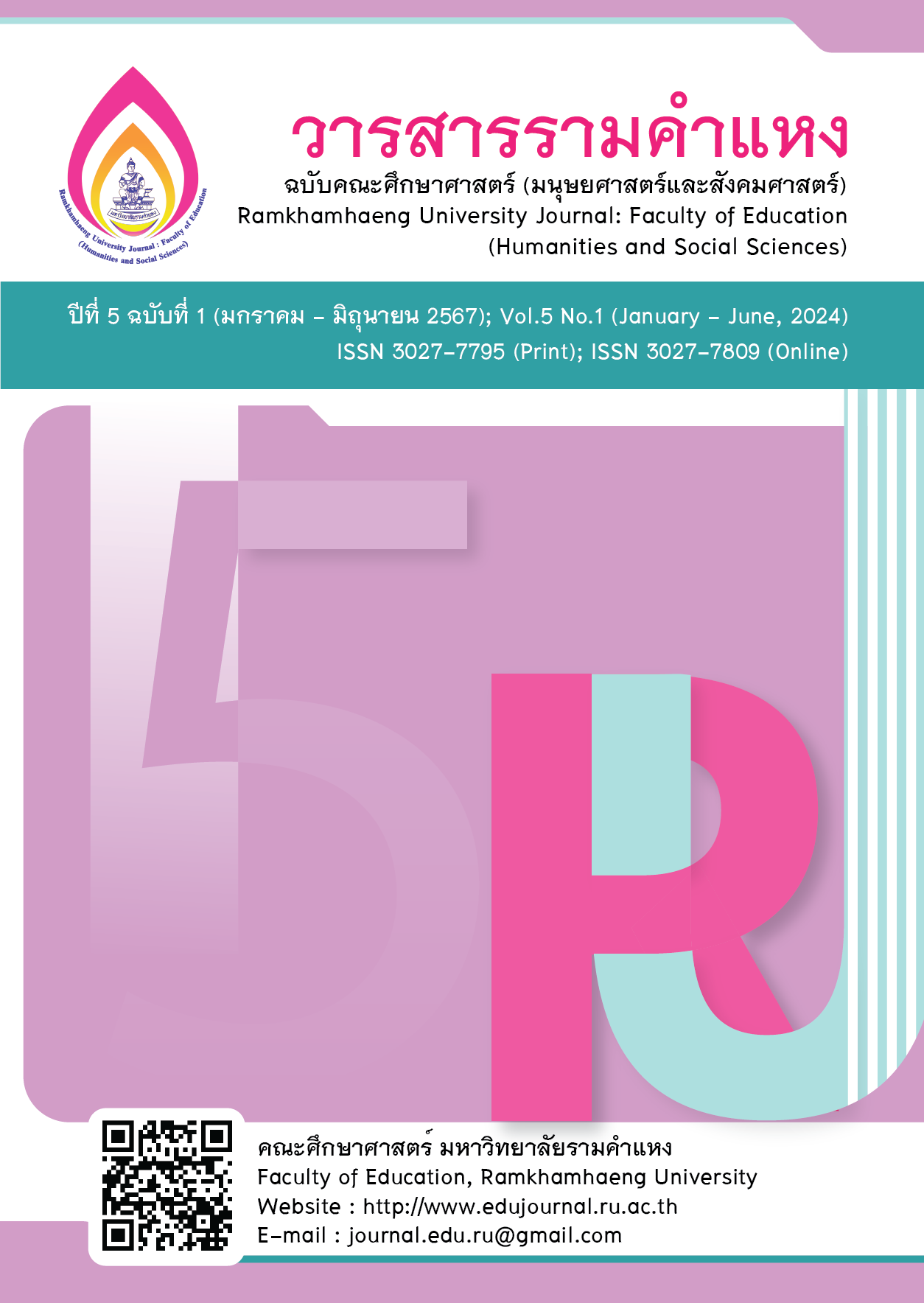เก่ง ดี มีความสุข ในทัศนะของพระพุทธศาสนา
Main Article Content
บทคัดย่อ
บทความวิชาการนี้มีวัตถุประสงค์เพื่อ นำเสนอแนวคิดเกี่ยวกับการบูรณาการหลักธรรมทางพระพุทธศาสนา ในการเสริมสร้างนักเรียน หรือทุนมนุษย์ของชาติในระดับการศึกษาขั้นพื้นฐานให้เป็นคนเก่งดีและมีความสุขบรรลุตามเป้าหมายของแผนพัฒนาการศึกษาแห่งชาติที่ยึดคนเป็นศูนย์กลางของการพัฒนา โดยมุ่งพัฒนาชีวิตให้เป็นมนุษย์ที่สมบูรณ์ทั้งทางร่างกาย จิตใจ สติปัญญา ความรู้ และคุณธรรม มีจริยธรรมในการดำรงชีวิต สามารถอยู่ร่วมกับผู้อื่นได้อย่างมีความสุข โดยบูรณาการหลักธรรมมาประกอบกับคุณลักษณะอันพึงประสงค์คือ
- คนเก่งต้องเก่งทั้งในด้านตนเอง (หลักสัปปุริสธรรม 7) เก่งในการอยู่ร่วมกับคนอื่น (สังคหวัตถุ 4) และเก่งในการทำงาน (อิทธิบาท 4)
- คนดีต้องดีเพราะการสร้างกุศลที่ถูกต้อง (บุญกิริยาวัตถุ 3) การประพฤติที่ดี (สุจริต 3) และการหลีกเลี่ยงจากความเสื่อม (อบายมุข 6)
- คนมีความสุขเพราะสุขในการใช้ชีวิตแบบผู้ครองเรือน (คิหิสุข)
Downloads
Article Details

อนุญาตภายใต้เงื่อนไข Creative Commons Attribution-NonCommercial-NoDerivatives 4.0 International License.
ผู้ส่งบทความ (และคณะผู้วิจัยทุกคน) ตระหนักและปฎิบัติตามจริยธรรมการวิจัยอย่างเคร่งครัด ทั้งนี้บทความ เนื้อหา ข้อมูล ข้อความ ภาพ ตาราง แผนภาพ แผนผัง หรือข้อคิดเห็นใดๆ ที่ปรากฎในบทความ เป็นความคิดเห็นและความรับผิดชอบของผู้ส่งบทความ กองบรรณาธิการไม่จำเป็นต้องเห็นตามเสมอไป และไม่มีส่วนรับผิดชอบใดๆ โดยถือเป็นความรับผิดของของเจ้าของบทความเพียงผู้เดียว
เอกสารอ้างอิง
Ayuwat, D., Hong-ngam, J., Saranrittichai, K., Chumnanmak, R., Narongchai, W., & Auraiampai, N. (2021). Life happiness of elderly in northeast. Journal of Language, Religion and Culture, 8(1), 136-155. (in Thai).
Ayuwat, D., Hong-ngam, J., Saranrittichai, K., Chumnanmak, R., Narongchai, W., & Auraiampai, N. (2021). Life happiness of elderly in northeast. Journal of Language, Religion and Culture, 8(1), 136-155. (in Thai).
Chiangkul, B. (2013). The role of education in economic and social development. Witayakorn Club. https://witayakornclub. wordpress.com/. (in Thai).
Churat, W. (2021). Developing 11th grader creative problem-solving skills using creative problem-solving models with infographic on the topic of acids-bases. [Master thesis, Naresuan University]. https://nuir.lib.nu.ac.th/dspace/bitstream/123456789/4440/1/62061535.pdf (in Thai).
Klibtong, S. (2018). The Process of creating buddhist intellectual capital of social entrepreneurs in Samutsakhon province. [Doctoral thesis, Mahachulalongkornrajavidyalaya University]. https://e-thesis.mcu.ac.th/storage/NKOFhFyjvrEKOvXXa1tol9BbIZUbTVw3lPEokiiO.pdf (in Thai).
Mahachulalongkornrajavidyalaya. (1996). Thai Tipitaka: Mahachulalongkornrajavidyalaya version. Mahachulalongkornrajavidyalaya University Press. (in Thai).
Na Nakorn, T. (2020). The development of life with buddhist psychology for enhancing self-esteem. Buddhist Psychology Journal, 5(2), 53-62. (in Thai).
Namsri, C., Ruannakarn, P., & Inyai, C. (2014). Influence of learners' performance on science learning ability of grade eleven students. Research Methodology & Cognitive Science Journal, 11(2), 1-11. (in Thai).
Office of the Education Council. (2017). Education in Thailand. Prigwan Graphic. https://www.bic.moe.go.th/images/stories/pdf/EDUCATION_IN_THAILAND_2017.pdf (in Thai).
Onsri, P. (2014). Contemplative education: Education for human development in 21th century. Journal of The Royal Thai Army Nurses, 15(1), 7-11. (in Thai).
Prasertsuk, T. (1999). Emotional intelligence and education. Journal of Behavioral Science, 5(1), 19-15. (in Thai).
Suwannapal, T., & Bannaruchi, B. (2015). Cognitive education for education development in Thailand. Journal of Educational Review Faculty of Educational in MCU, 2(1), 124-131. (in Thai).
Wachiramethee, W., Thanapakij, A., & Kaewsangtham, S. (2014). What should I do with my life? Springbooks. (in Thai).
Wasi P. (2011). Education system to solve the misery of people in the land (2nd ed.). Contemplative Education Center Mahidol University. (in Thai)
Yodwisitsak, K., & Yooyen, R. (2020). The level of intention to quit amongst talent employees in the Thai government system. Journal of HR Intelligence, 5(2), 44-63. (in Thai).


